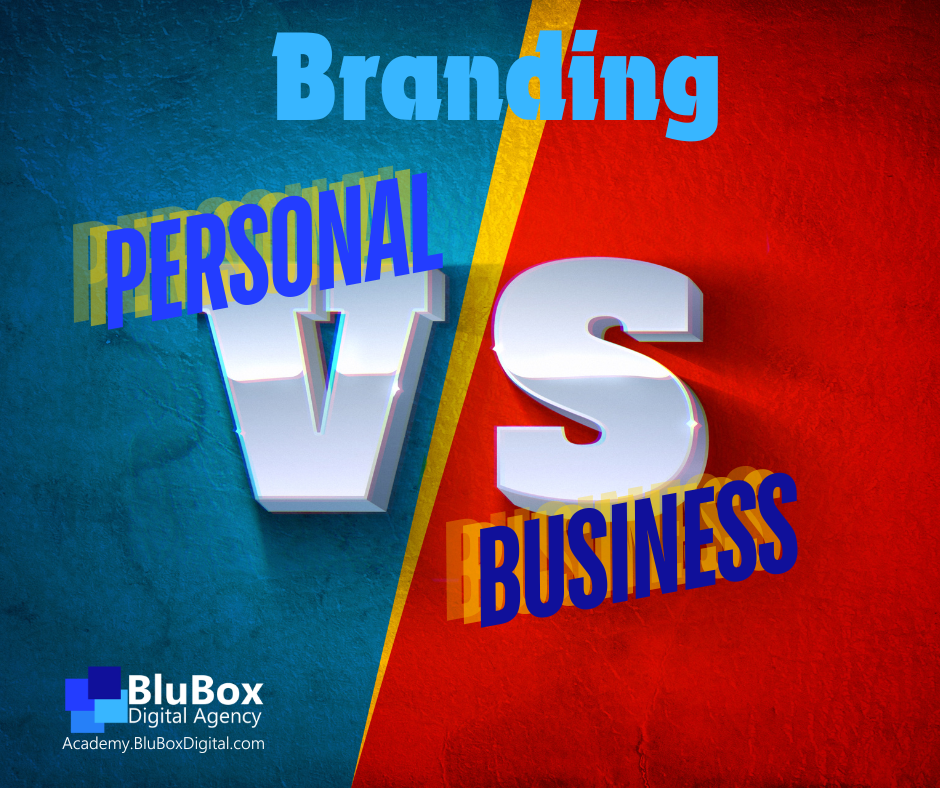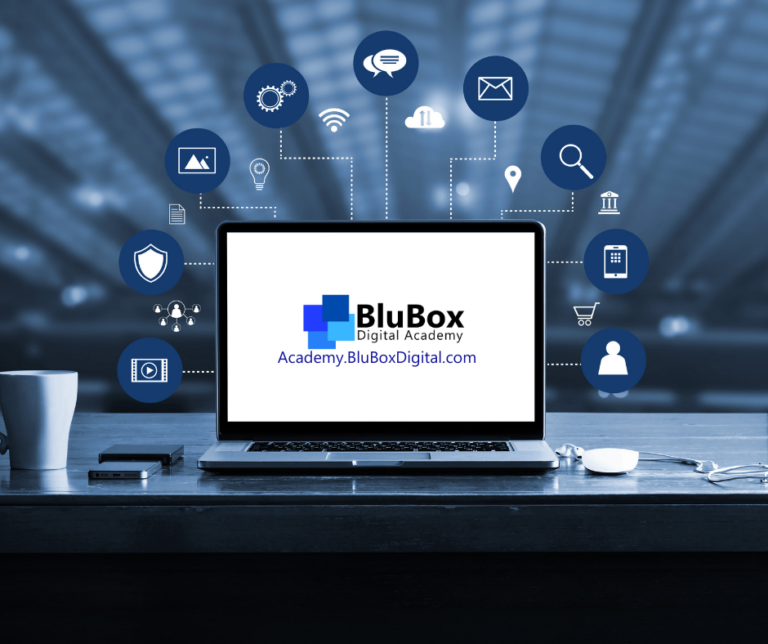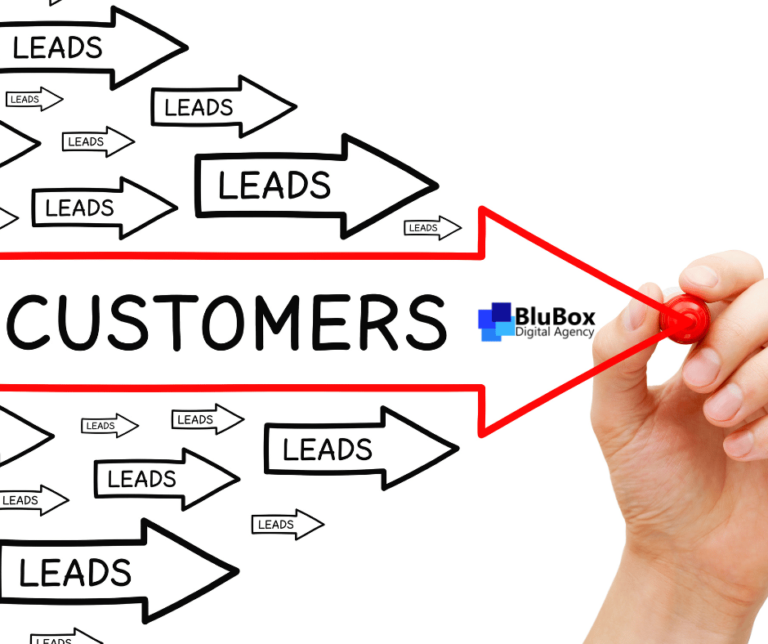The Difference Between Personal and Business Branding
When it comes to branding, you’ve probably heard a lot about personal brands and business brands.
But what exactly do these terms mean, and how do they differ?
Let’s break it down in simple terms.
Whether you’re building your personal reputation or your company’s identity, knowing the difference between personal vs. business brands is key to making a lasting impression.
What is a Personal Brand?
A personal brand is all about you.
It’s how people perceive you based on your skills, values, personality, and what you stand for.
Essentially, it’s the image you create for yourself, both online and offline.
Whether you’re posting on social media, networking at events, or sharing your experiences, all of these things shape your personal brand.
Having a strong personal brand is important, especially in today’s world where people often look you up online before deciding to work with you.
It’s not just about having a polished LinkedIn profile anymore—everything you do and share contributes to your personal brand.
The key to a successful personal brand is being authentic, consistent, and offering value to those around you.
When done right, your personal brand can help you stand out in a crowded job market, attract opportunities, and open doors you didn’t even know existed.
It’s all about building trust, showing people what makes you unique, and creating meaningful connections.
What is a Business Brand?
On the flip side, a business brand represents a company, not an individual.
A business brand is the identity that sets your company apart from others. This includes things like your company’s logo, colors, and fonts—but it goes beyond just the visuals.
It’s the experience people have when they interact with your business.
A strong business brand is built on the core values of the company.
These values shape how you treat your customers, the quality of the products or services you provide, and even how you interact with your employees.
Your business brand should communicate what your company stands for and why customers should choose you over your competitors.
In today’s competitive market, having a recognizable business brand is essential for attracting customers and building loyalty.
The more consistent and clear your brand message is, the more likely people will remember and trust your business.
Personal vs. Business Brands: What’s the Difference?

So, what’s the real difference between a personal brand and a business brand? The biggest distinction is who or what the brand is representing.
- Personal Brand: Focuses on you as an individual. It’s about your skills, values, personality, and how you present yourself to the world.
- Business Brand: Focuses on your company. It’s about your company’s mission, values, products, services, and how people experience your business.
Think of your personal brand as how you’re perceived by the people who meet you, whether it’s at a networking event, through social media, or even at your job.
Your business brand, on the other hand, is how people perceive your company when they see your logo, visit your website, or use your services.
Why Your Personal Brand Matters for Your Business
For entrepreneurs, small business owners, and freelancers, personal and business brands can sometimes overlap.
In the early stages of starting a business, your personal brand is often more visible than your business brand.
This is especially true if you’re a solo entrepreneur or working in a small team.
People may associate your business with you personally, which makes it all the more important to build a strong personal brand.
Your personal brand can help build trust and familiarity with your audience, which can then benefit your business.
When people trust you, they are more likely to trust your company.
For example, if you’re always wearing your business colors or showcasing consistent behavior that aligns with your business values, it reinforces your company’s identity.
As your business grows, your business brand will ideally become just as strong and recognizable as your personal brand.
How to Build a Strong Personal Brand

Building a personal brand takes time, but it starts with understanding who you are and what you want to be known for. Here are a few simple tips to get started:
- Define Your Values: What do you stand for? What are your strengths? Knowing this will help you shape your personal brand.
- Be Consistent: Whether it’s on social media, at networking events, or in your daily interactions, consistency is key. Stay true to who you are and don’t try to be someone else.
- Share Valuable Content: Create content that reflects your expertise, whether it’s through blog posts, social media updates, or videos. Show people what you know and how you can help them.
- Engage with Others: Build relationships with people in your industry by engaging in conversations, attending events, and offering support. Networking is a great way to boost your personal brand.
How to Build a Strong Business Brand
A business brand requires a more structured approach. Here are some steps to help you create a business brand that stands out:
- Define Your Mission and Values: These are the core principles that will guide everything your company does. What does your business stand for?
- Create a Visual Identity: Your logo, color palette, and fonts should be unique and reflect your company’s personality. Make sure they’re consistent across all platforms.
- Deliver Consistently: Every interaction with your business should reflect your brand’s promise, whether it’s through customer service, products, or marketing. Consistency builds trust.
- Know Your Audience: Understanding who your customers are will help you tailor your brand message to resonate with them. Speak to their needs and pain points.
Finding the Balance
For many small business owners and entrepreneurs, your personal and business brands are closely linked.
While they are separate, they can work together to strengthen your overall image.
Use your personal brand to build trust, and let your business brand shine through your company’s values and actions.
Understanding the difference between personal and business brands is key to growing both your reputation and your business.
While personal branding is about how people see you as an individual, business branding focuses on how people perceive your company.
By building both, you can create a lasting impression in your industry.
Ready to take your personal and business branding to the next level? Head over to BluBox Digital Academy for more tips and strategies on building a brand that stands out!






